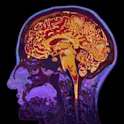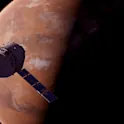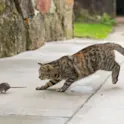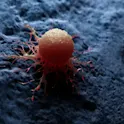Common household sounds are stressing out our pets, but little research has been put into giving them a happier life
By Dr Emma K Grigg, University of California, Davis Dr Emma K Grigg, University of California, Davis. Image: Sherri Rieck We may not realize it, but many household appliances are causing our pets significant stress, according to a new study published in Frontiers in Veterinary Science. Now, one of its authors, Dr Emma K Grigg of University of California, Davis, writes about another less-discussed issue: how little effort is being put into better understanding our pets. Grigg is a certified applied animal behaviorist and a staff research associate and lecturer at the University of California, Davis, School of Veterinary Medicine. She is also a lecturer in canine behavior at Bergin University of Canine Studies in northern California and has authored a number of scientific publications on canine, feline, and marine mammal behavior. Her first book, The Science Behind a Happy Dog, was published in June 2017. As an animal behavior researcher who specializes in dogs and cats, I have been trained to carefully observe and interpret their body language to better understand and predict their behavior, to study the ways in which they interact with their worlds, and to continually consider the impacts of human activities on their wellbeing. My […]














